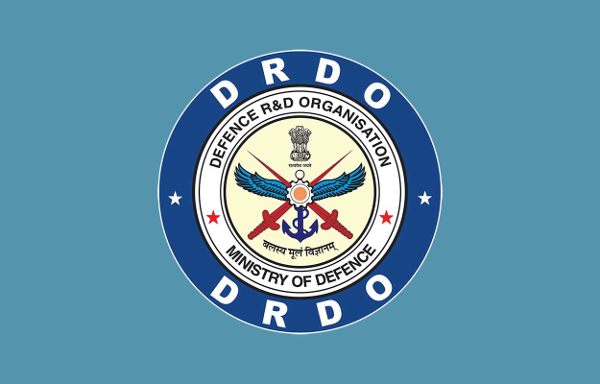Random numbers have essential roles in many fields, such as Quantum Communication, cryptography (key generation, key wrapping, authentication etc.), scientific simulations, lotteries and fundamental physics experiments. The generation of genuine randomness is generally considered impossible with classical means. Quantum Mechanics has the inherent potential of providing true random numbers and thus has become the preferred option for the scientific applications requiring randomness.
DRDO Young Scientist Laboratory for Quantum Technologies (DYSL-QT) has developed a Quantum Random Number Generator (QRNG) which detects random quantum events and converts those into a stream of binary digits. The Laboratory has developed a fiber-optic branch path based QRNG. Branch path based QRNG is based on the principle that if a single photon is incident on a balanced beam splitter, it will take either of the beam-splitter output paths randomly. As the path chosen by photon is random, the randomness is translated to sequence of bits.
QRNG system developed by the laboratory has passed the global randomness testing standards viz. NIST and Die-harder Statistical Test Suites at the speed of ~150 kbps after post-processing. The generated random numbers are also evaluated and verified using DRDO’s indigenously developed Randomness Testing Statistical Test Suite of SAG. With this development India enters the club of countries who have the technology to achieve the generation of random numbers based on the Quantum Phenomenon.
You may also like
-
IAF Aircraft Set Course For Exercise Eastern Bridge VII At Oman
-
IAF Set To Host The Indian Defence Aviation Exposition-II At Jodhpur
-
Defence Secretary to co-chair 5th India-Philippines Joint Defence Cooperation Committee meeting in Manila
-
Simultaneous Launch Of ‘malpe And Mulki’, Fourth And Fifth Ships Of Asw Swc (Csl) Project
-
Aatmanirbharta in Defence: MoD signs Contract with HAL for 240 AL-31FP Aero Engines for Su-30MKI Aircraft
